caraher
caraher's JournalCOVID-19, protests and history: Musings on freedom and responsibility
In the early months of the Second World War, German U-boats preyed on shipping along the east coast of the United States. The British had extensive experience dealing with the U-boat threat and freely shared their expertise. Among the recommendations were use of the convoy system, intensive aircraft antisubmarine patrols, and coastal blackouts (which prevent U-boats from easily sighting ships silhouetted against a backdrop of city lights). The early failure of the US government to adopt these measures in their fight against the “invisible enemy” of 1942 had effects captured effectively by the names U-boat crews gave to these first months of warfare on the Atlantic seaboard - the “American Shooting Season” or “Second Happy Time” (“second” because there had been a previous period early-war when U-boats sank Allied shipping with near-impunity). Thousands of American sailors perished in the sinking of over hundreds of ships during this period, against the loss of fewer than two dozen U-boats.

Looking back, it’s hard to imagine how it could have taken months for the US to adopt measures already identified as effective, especially blacking out coastal cities – a move that required little more than the cooperation of patriotic citizens. Or - is it really so hard to imagine after all? Samuel Eliot Morison’s official US Navy history of the Battle of the Atlantic states bluntly (emphasis mine),
Eventually, of course, the imperatives of fighting a global war (coupled with the suspension of leisure travel enforced, in part, by gas rationing) won out, blackouts of coastal cities were ordered (and enforced by civil defense wardens), and a combination of other defensive and offensive measures against the U-boat threat ultimately transformed the US Atlantic coast from a shooting gallery to a death trap for the Germans.
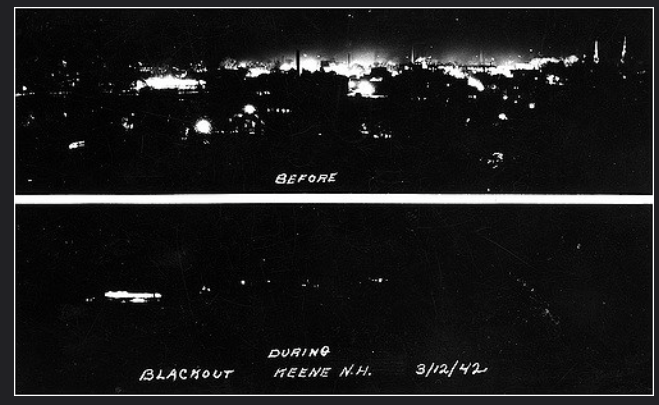
Were those rationing and blackout orders infringements on the liberty of American citizens? They could no longer drive as much as they liked. They could not turn lights on at night as they pleased. Decisions to do otherwise conflicted with government orders. But to equate these with a loss of liberty – let alone government tyranny – requires the adoption of an extremely simplistic notion of what liberty is. It is a fundamentally childish notion – one that decouples rights from responsibilities. It is to value a fleeting feeling of absolute freedom over maintenance of the very conditions that make freedom possible.
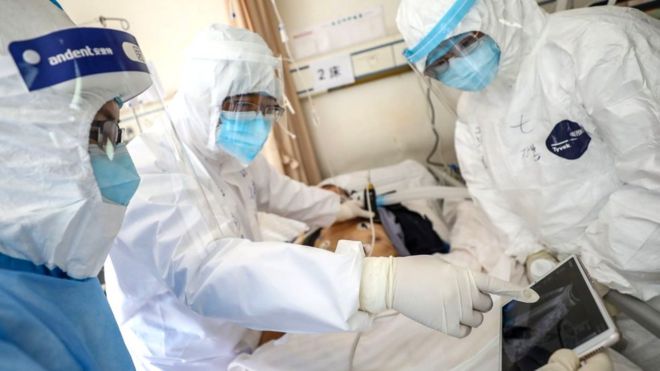
The U-boat posed no direct immediate threat to the East Coast tourist. Its torpedoes and deck gun would not destroy hotels or shell beachgoers. But losing the war to Hitler’s forces could have threatened the entire American enterprise. And what stood in the way of that, in part, were Merchant Marine sailors and the fragile ships they guided through dangerous waters. Keeping the lights on literally meant death for hundreds of them. East coast businesses and residents were asked to make this temporary sacrifice to spare the lives of those on the front line, whose efforts were crucial to ending the threat as quickly as possible. Had Americans not recognized this and cooperated with the blackout orders, their exercise of “freedom” would have come at the cost of further bloodshed twice over – in the form of immediate casualties from the resultant additional sinkings, compounded by the butcher’s bill for an unnecessarily extended struggle against fascism.
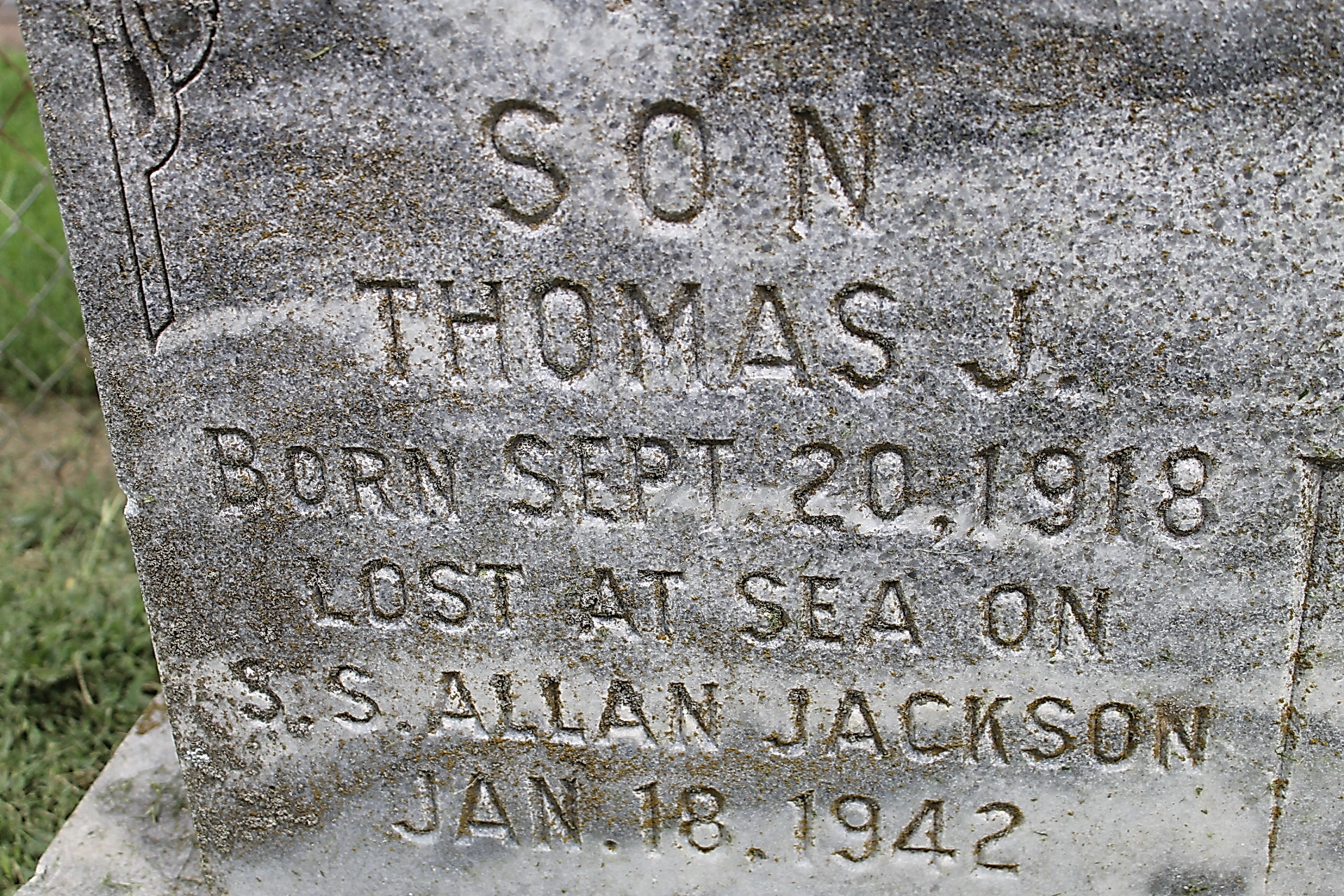
The infantile logic of protest against the restrictions that are, so far, our only effective weapon against the coronavirus, mistakenly regards those measures as concerning only the immediate health and safety of individuals being asked to change, temporarily, their behaviors. If the only effect of a person not wearing a mask or observing distancing guidelines were to increase personal risk of infection for that one individual, there would be grounds for a legitimate complaint. But we are being asked to do these things not for our own, individual, short-term health. As patriotic Americans were asked to turn out the lights to save our sailors, we’re asked to wear masks to protect the vulnerable, including the front-line health care workers who are crucial to the fight against this virus.
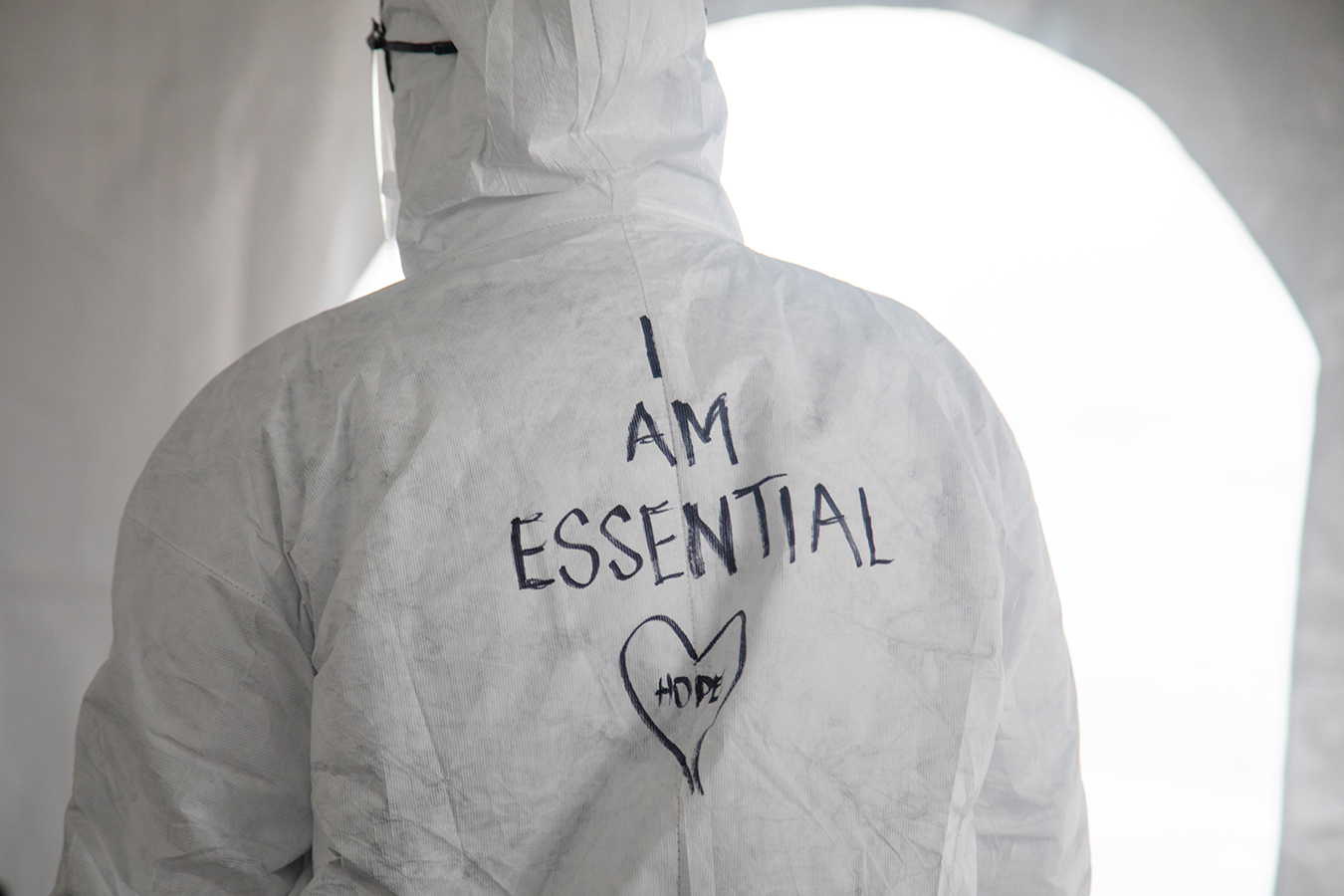
During World War II, there were certainly Americans who chafed against wartime restrictions of every kind. But by and large, Americans understood that these sacrifices were ultimately necessary to maintain the liberty we cherish. Once blackout orders were issued, turning on neon lights in Miami was rightly regarded not as an exercise of freedom but aiding and abetting the enemy. Protesters attempting to bully states into premature relaxation of measures against COVID-19 are not patriots. (Some of them make this crystal-clear by choosing to display the flags of vanquished foes of the United States!) They are not fighting for liberty. They are demanding the deaths of the elderly, of health care workers, and the prolonging of the severe disruption of the pandemic. Some of them seek to impose their will not by appealing to their elected officials with words but by brandishing firearms. Their behavior reveals them as enemies of the very liberty they profess to defend. They should be treated as such.
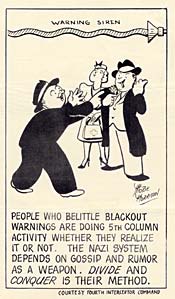


Profile Information
Member since: Mon Aug 9, 2004, 12:33 PMNumber of posts: 6,278